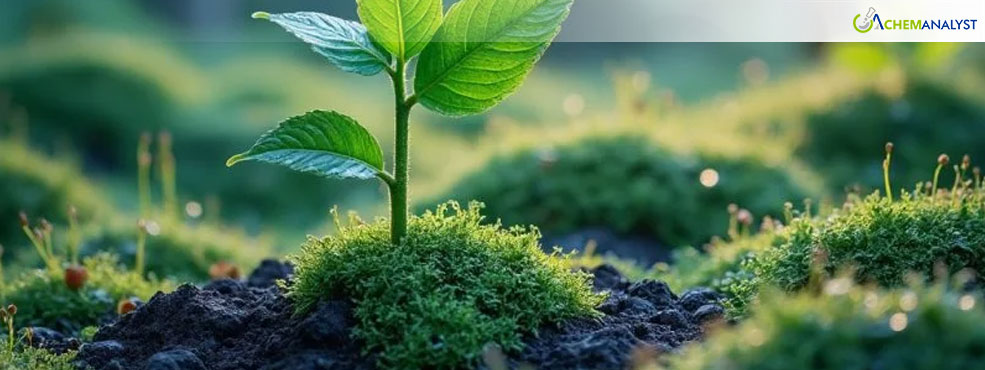Welcome To ChemAnalyst

A groundbreaking study has shown that reducing nitric oxide levels in plants can significantly enhance nitrogen uptake and improve Nitrogen Use Efficiency (NUE) in rice and Arabidopsis, offering a promising path to more sustainable agricultural practices. This innovative approach could reduce the dependency on harmful nitrogen fertilizers while also boosting crop yields.
Nitrogen is a critical nutrient for plant growth, yet the use of inorganic nitrogen fertilizers in modern agriculture presents significant challenges. While agronomic practices like split nitrogen fertilizer applications and slow-release fertilizers are commonly used to boost NUE, these methods come with environmental drawbacks. Excessive nitrogen oxide emissions during fertilizer application contribute to air pollution, and the production of these fertilizers is a major source of global greenhouse gas emissions.
To address these challenges, researchers at the National Institute of Plant Genome Research (NIPGR) have demonstrated that modulating NO levels within plants can enhance NUE. Their study, led by Dr. Jagannath Swain, Dr. Jagadis Gupta Kapuganti, Dr. Nidhi Yadav, and Dr. Sanjib Bal Samant, found that manipulating NO levels can regulate nitrate transporters in plants, especially the high-affinity transporters (HATs) responsible for efficient nitrogen uptake.
By using a pharmaceutical approach, the team treated wild-type plants with nitric oxide donors (SNAP) and scavengers (cPTIO) to observe the effects on nitrogen uptake. The research revealed that overexpressing phytoglobin, a natural nitric oxide scavenger, led to an increase in the expression of high-affinity nitrate transporters. This resulted in more efficient nitrogen uptake, particularly under conditions of low nitric oxide, and enhanced plant growth and nitrogen content. Notably, this approach showed significant promise in improving NUE with less nitrogen input, especially in environments with low nitrogen availability.
One of the most exciting aspects of this research is its potential to be applied broadly across various agroecosystems. The team is exploring the possibility of introducing bacteria into the soil that could act as natural nitric oxide scavengers, further enhancing the efficiency of nitrogen use in plants.
The new strategy of modulating nitric oxide levels in plants contrasts with traditional methods, which rely heavily on costly and environmentally harmful fertilizers. By genetically and pharmacologically adjusting nitric oxide levels, the researchers found a sustainable way to regulate nitrate transporters and boost nitrogen uptake without excessive reliance on synthetic fertilizers. This could pave the way for more efficient agricultural practices that support both higher crop yields and environmental sustainability.
Dr. Kappuganti, one of the lead researchers, highlighted the significance of this study in helping reduce the environmental impact of nitrogen fertilizers. "Our work offers a novel approach to improving NUE, which can significantly cut down on the need for nitrogen fertilizers, thereby benefiting both the environment and agricultural productivity," he said.
We use cookies to deliver the best possible experience on our website. To learn more, visit our Privacy Policy. By continuing to use this site or by closing this box, you consent to our use of cookies. More info.
